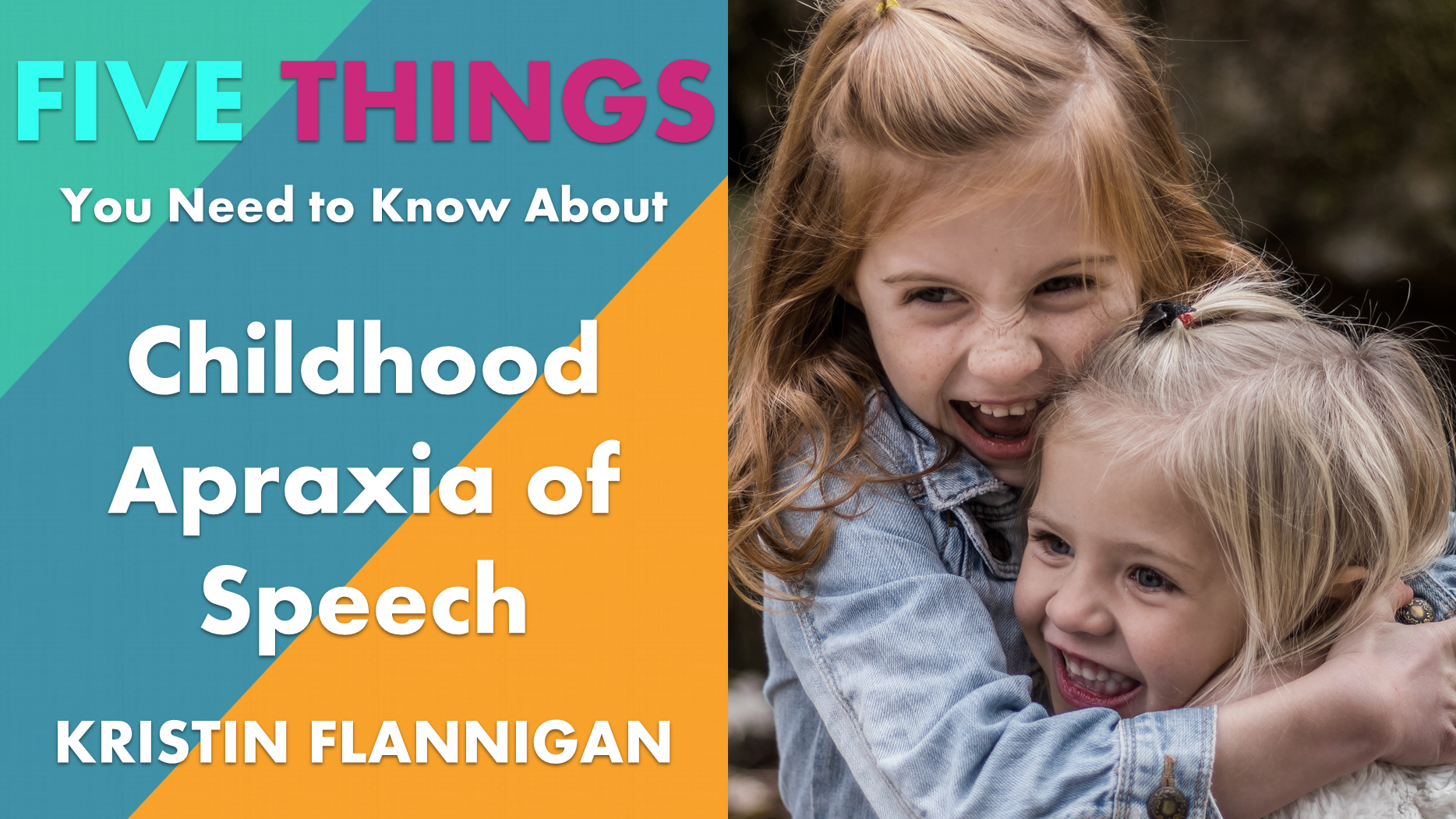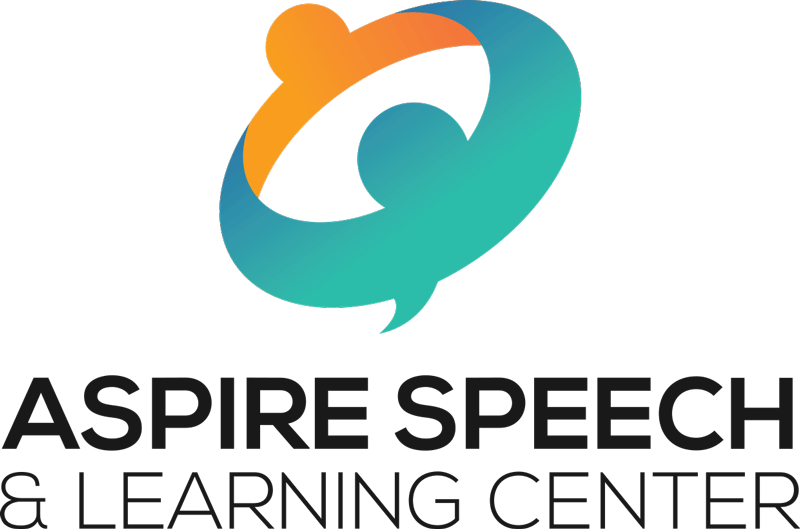
So you’ve recently received the diagnosis of Childhood Apraxia of Speech (CAS) for your child who has had marked difficulties in using language like other children his/her age. You may be asking yourself, “What does this mean?” or “What should I do?” Here are the five things you should know before you go any further:
1. Childhood Apraxia of Speech is a motor-speech disorder.
A motor-speech disorder affects the ability of your child’s brain to move the body parts needed to produce speech. It is characterized by a lack of coordination of muscle movements of the lips, tongue, and jaw. To produce speech, the brain must first decide what needs to be communicated (e.g., The boy runs). This is created in the language centers of the brain which are unaffected by CAS. It must then send that message to the portion in the brain that coordinates movements known as the motor cortex. In this area of the brain a plan is developed which includes several parts: what muscles to use, how much of each muscle to use, how fast the muscle(s) must move, in which direction the muscles must move, and with how much force the muscles must move. All of these aspects form a “program” for each syllable desired. Once the program is developed, then it is sent down the nervous system and reaches the muscles themselves.
A child with CAS experiences a breakdown in an area of the nervous system that either creates the program, sends the program, or receives the program. The result is movements that are insufficient for producing the sounds needed for each syllable: producing an incorrect sound, distorted sound, or no sound at all. When the intended target is not met, even by as little as a millimeter, the listener may struggle to interpret the words being produced.
2. Childhood Apraxia of Speech is not a language disorder.
Your child has the ability to produce the language needed, unless of course they also have a language disorder, that’s an article for another day. This means they know what they want to say, but they do not have the ability to produce the sounds needed to say the word or words that they are thinking of or to say them correctly. This means that providing them with alternate ways of communicating while they are working on the oral language may be a great way to reduce stress and frustration on their part and yours. Depending on your child, your resources, and your treating speech-language pathologist, you may consider manual signs or alternative communication devices.
3. Childhood Apraxia of Speech can be diagnosed by a licensed and certified speech-language pathologist.
When you realize that your child is having difficulty communicating, you may request a referral from your pediatrician for a speech and language evaluation. When a speech-language pathologist is working to diagnosis your child they will look for particular symptoms and characteristics to be able to make a diagnosis of childhood apraxia of speech. Some of these characteristics include: early language milestones such as babbling not being present, no or late first words, limited consonant or vowel inventory, simple syllable shapes, frequent omission of sounds, low clarity of speech (intelligibility), oral groping behaviors, as well as others.
4. Treatment for Childhood Apraxia of Speech requires a time intensive and specific treatment approach.
A clear diagnosis will go a long way when it comes to treatment techniques as treatment for childhood apraxia of speech differs from all other speech-sound disorders. The ideal treatment will utilize principles of motor learning, address both performance and generalization, utilize appropriate practice schedules to maximize performance and generalization, be scheduled in short-frequent sessions, and will maximize the number of trials per session.
5. Treatment for Childhood Apraxia of Speech requires a knowledgeable team of professionals and creative strategies for planning.
To best meet the treatment needs of your child, you will need to locate a therapist who is familiar with the childhood apraxia of speech diagnosis and develop creative ways for maximizing services while juggling family life. You may need to search for alternate funding sources. If your child attends school then you may also want to coordinate care between your medical speech-language pathologist and your child’s school speech-language pathologist.
If your child has a childhood apraxia of speech diagnosis or you suspect your child may have a speech or language disorder, please feel free to contact us today with any questions or concerns you might have or speak with your pediatrician for additional information.

Kristin Flannigan, MA, CCC-SLP
Speech-Language Pathologist
